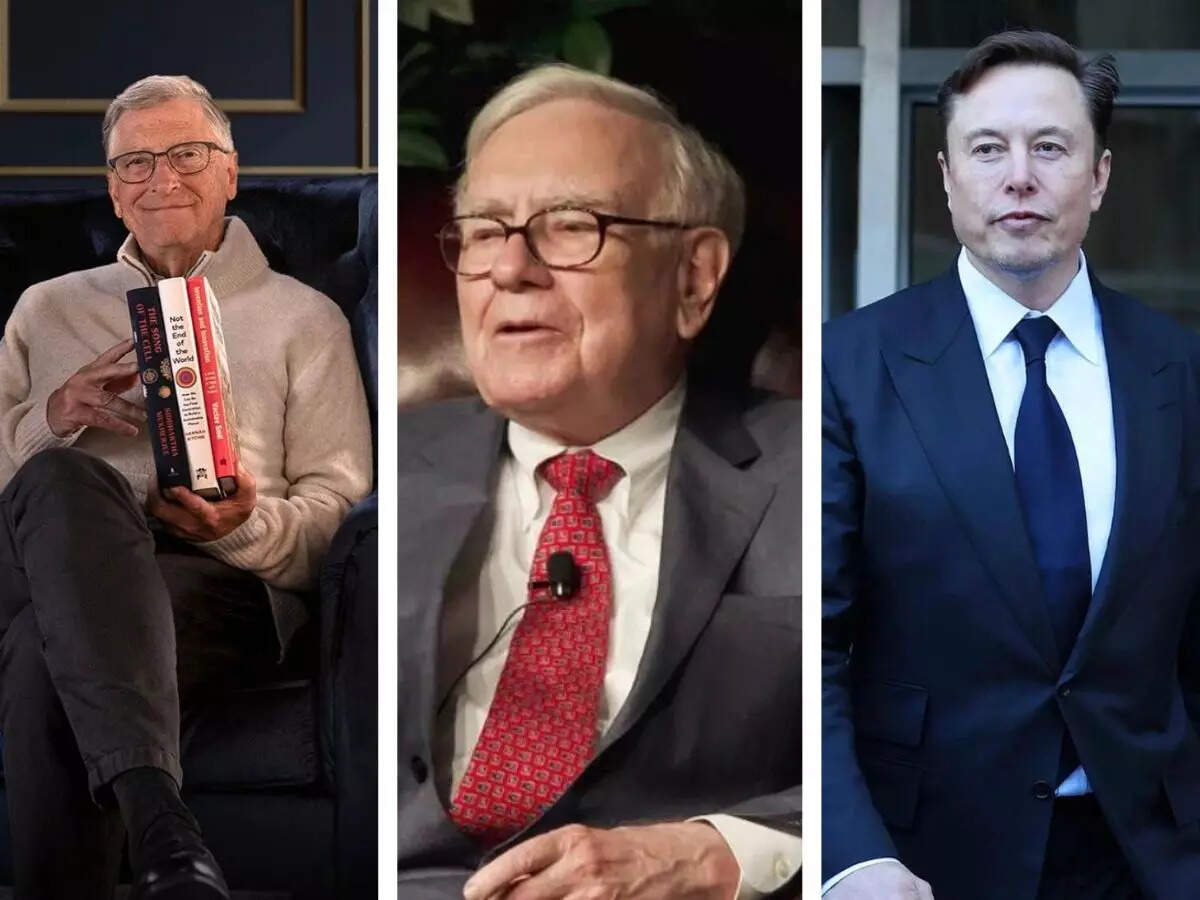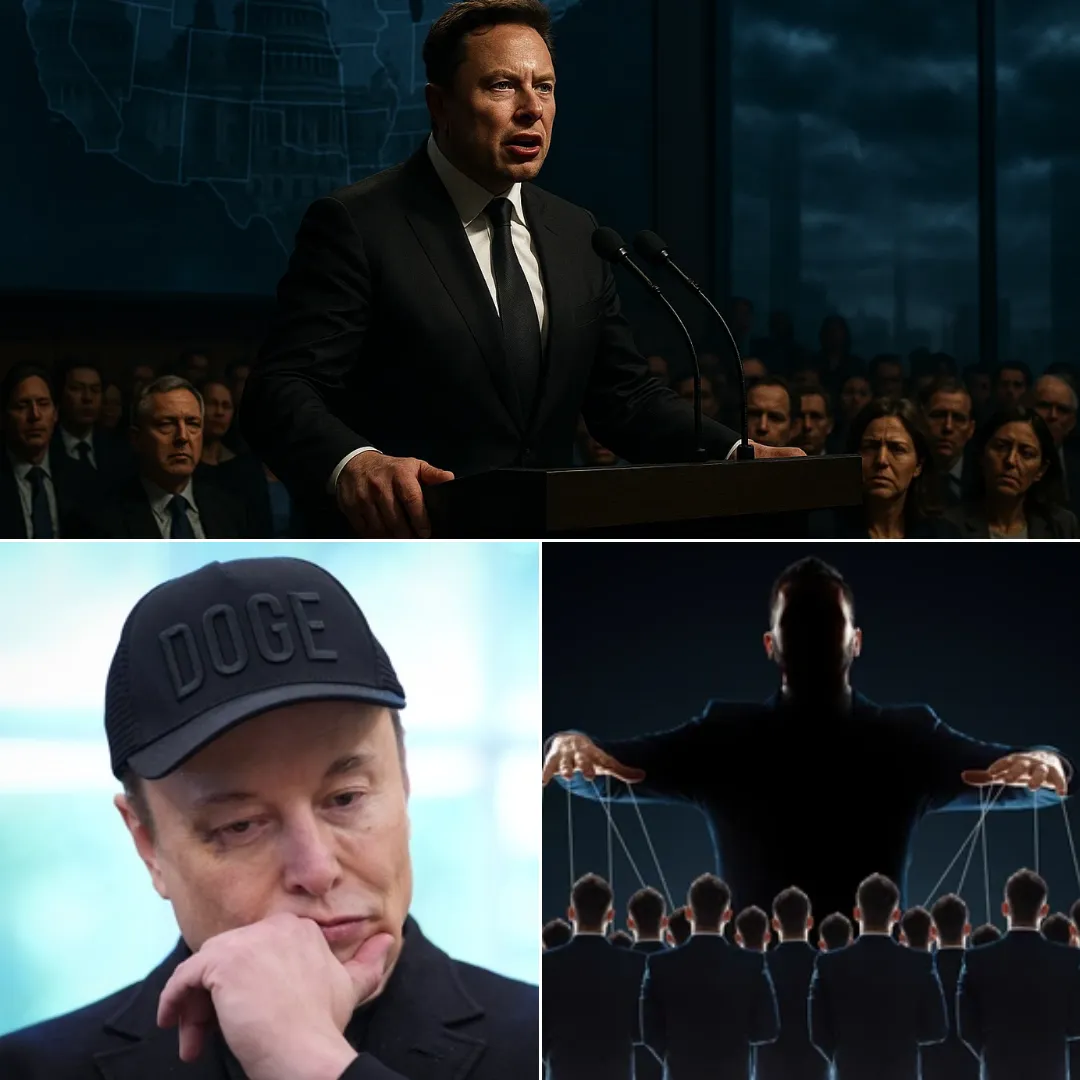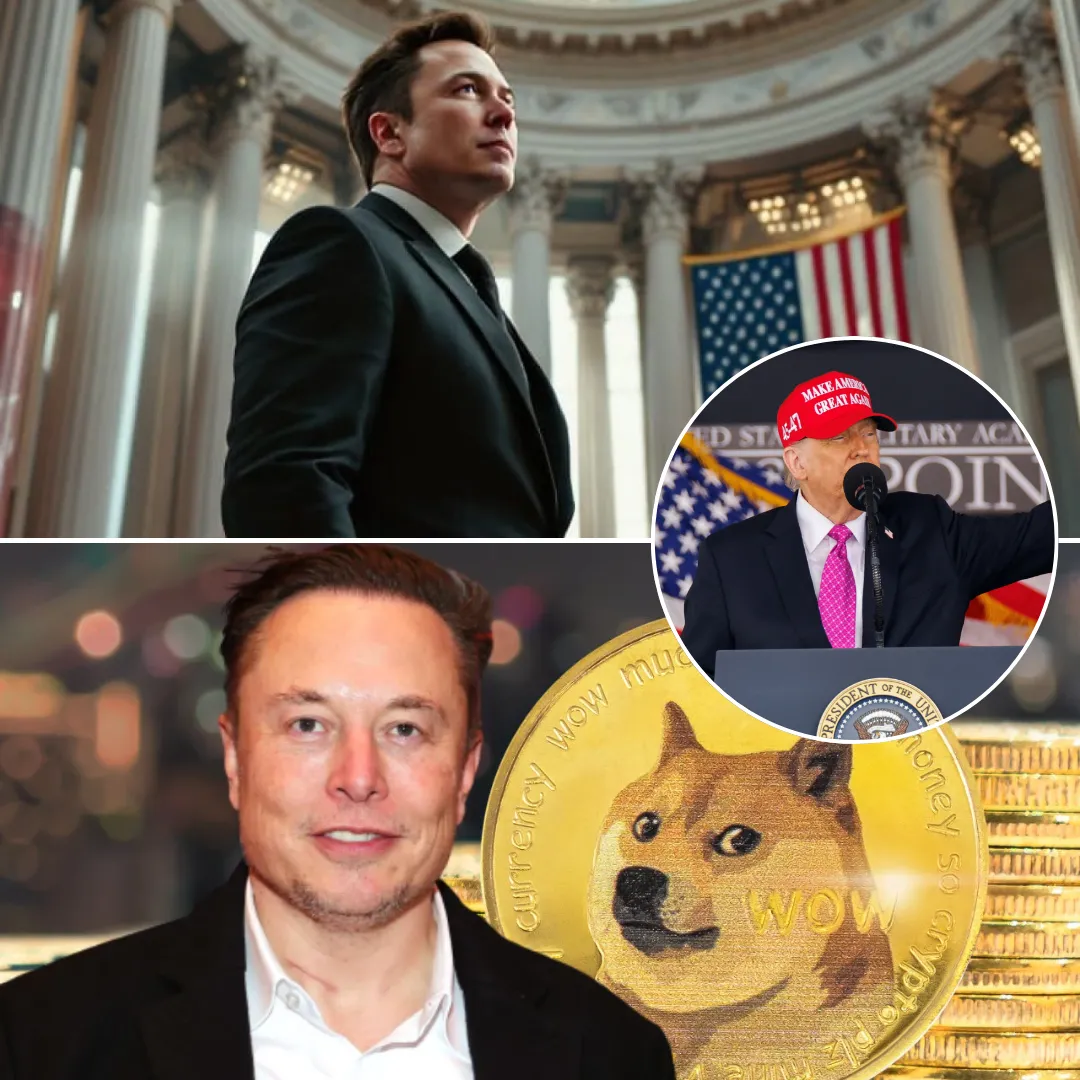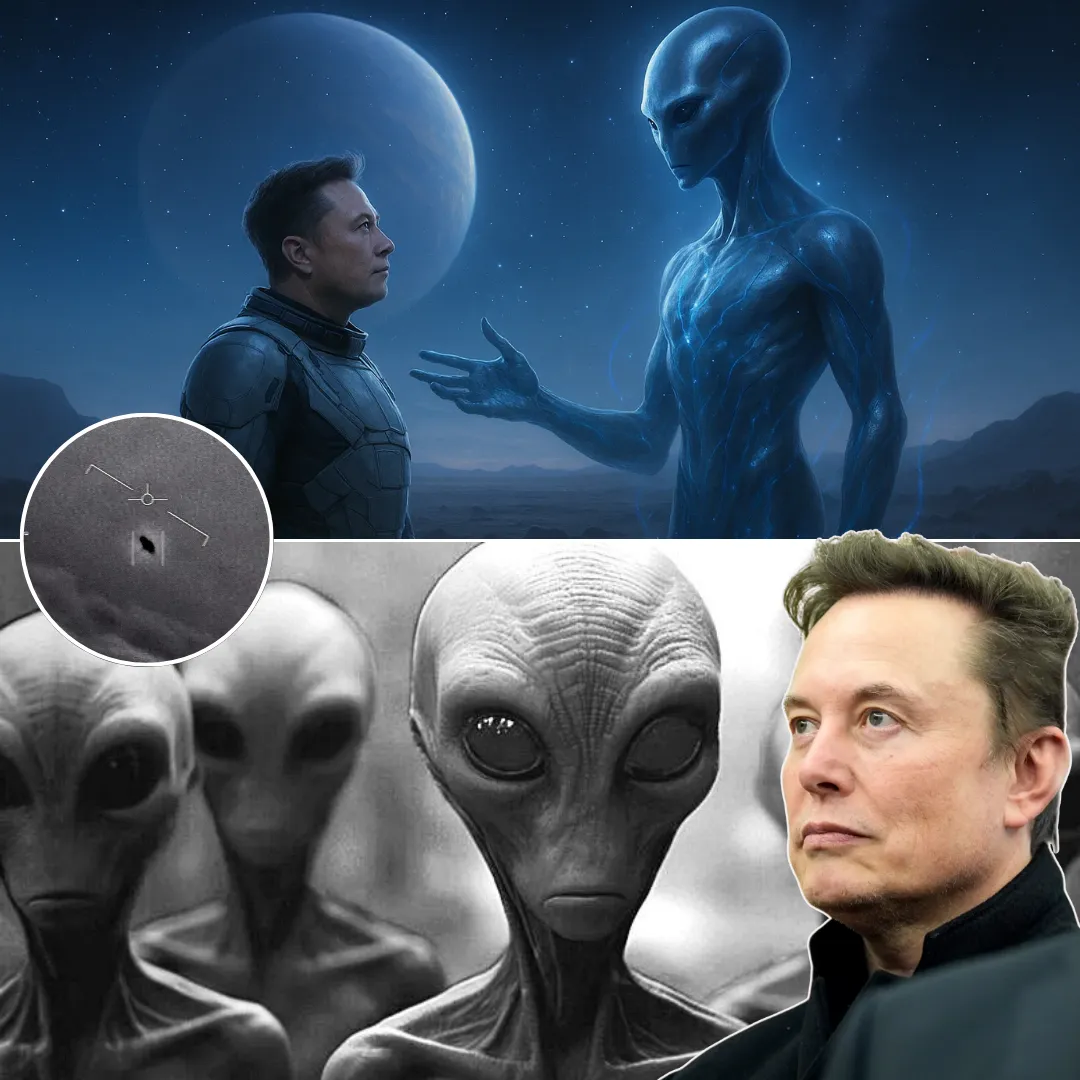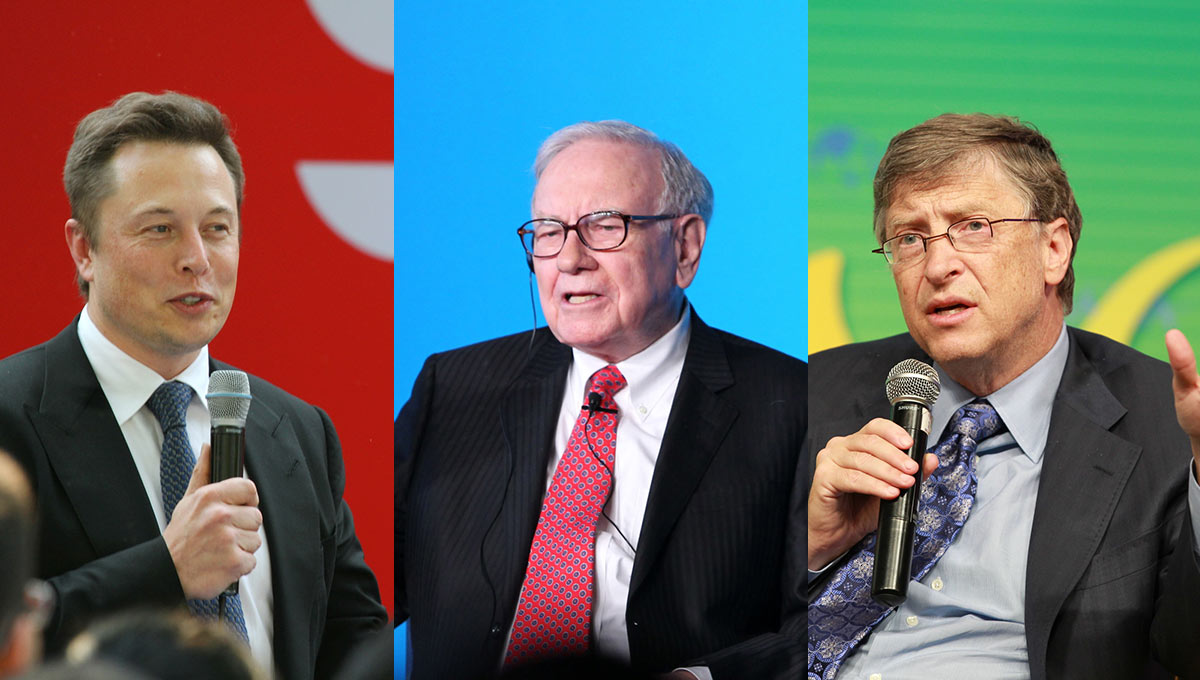
Elon Musk, Bill Gates, and Warren Buffett—three of the most powerful and wealthy men in modern history—have all publicly signed the Giving Pledge, a commitment by billionaires to donate the majority of their wealth to charitable causes during their lifetimes or in their wills. On the surface, this shared pledge suggests a unity of purpose, a collective recognition that staggering wealth carries with it immense responsibility.
But beneath that shared signature lies a chasm of philosophical divergence so wide that it reveals more about who they are than any number of financial disclosures ever could. These men may be bound by a common promise, but their visions of philanthropy reflect vastly different moral, strategic, and ideological approaches to reshaping the world.
Bill Gates, co-founder of Microsoft and long-time leader of the philanthropic movement among tech billionaires, has constructed a philanthropic empire grounded in data, institutions, and systematic global intervention. The Bill & Melinda Gates Foundation, founded in 2000, is one of the most influential and well-funded charities on Earth.
Its mission spans eradicating infectious diseases, improving education outcomes, addressing global poverty, and supporting public health infrastructure. Gates believes in measurable results, investing billions into vaccines, sanitation, education systems, and digital public services across the Global South. His philanthropy is scientific, hierarchical, and targeted, with the clear logic of a software engineer determined to debug the world.
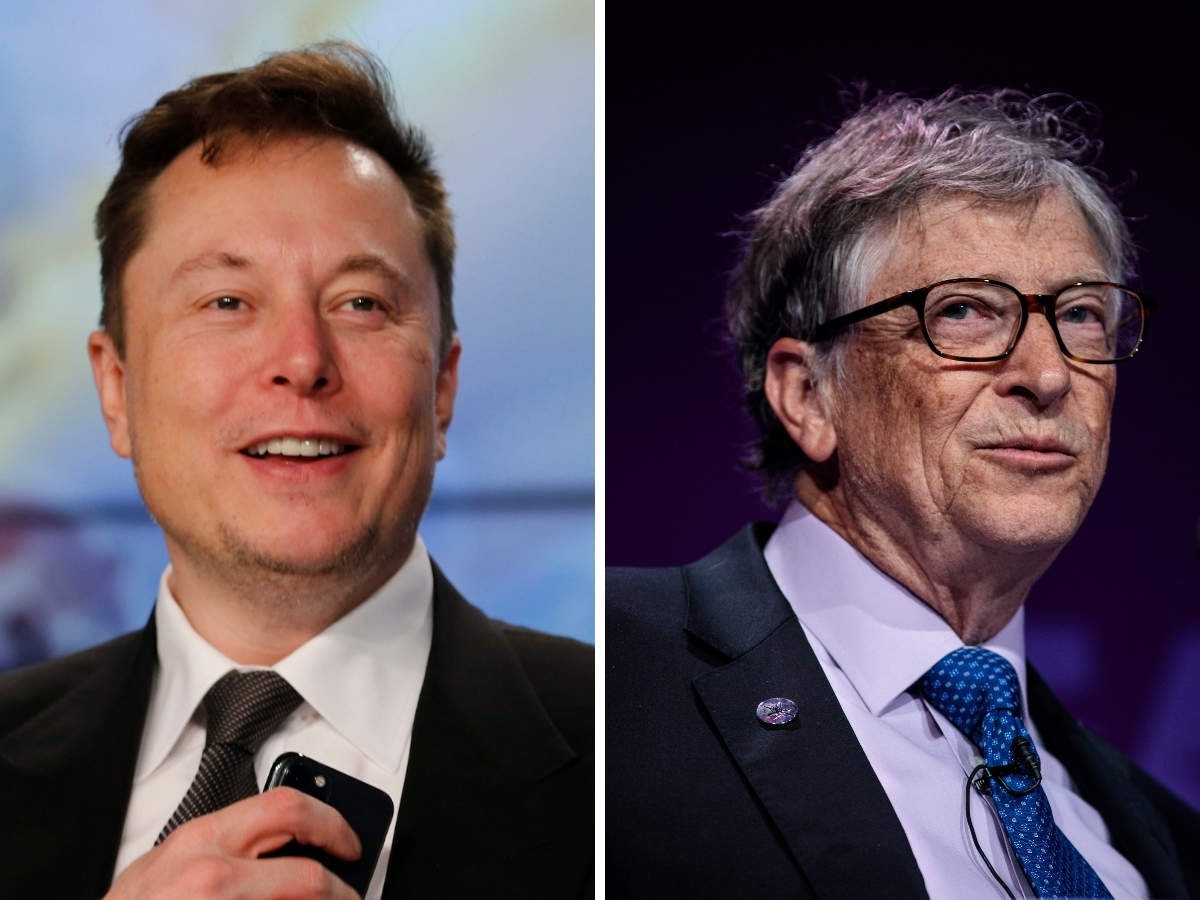
Warren Buffett, the Oracle of Omaha, took a different yet complementary approach. Though one of the most generous donors in history, Buffett has chosen not to create a large personal foundation. Instead, he entrusts his wealth primarily to others—most notably the Gates Foundation, as well as foundations run by his children. His reasoning is simple and stoic: he believes those already committed to the field, with the staff and experience, can better allocate resources than he could.
He brings a passive yet deeply committed presence to philanthropy, seeing it not as a new career path but as a logical duty. Buffett's view of philanthropy is grounded in humility, delegation, and a long-term belief in institutional competence. In many ways, he represents a transition from the Gilded Age titans of industry to the modern model of inherited infrastructure.
Then there is Elon Musk, whose interpretation of philanthropy radically departs from both Gates and Buffett. While Gates focuses on healthcare and disease, and Buffett funds traditional charitable structures, Musk considers technological innovation itself to be the highest form of service to humanity. Rather than focusing on conventional donation pathways, he channels his billions into ventures that aim to solve what he calls existential risks to civilization.
Through Tesla, he attempts to accelerate the transition to sustainable energy. Through SpaceX, he seeks to make life multiplanetary. Through Neuralink, he investigates merging humans with AI to avoid what he sees as the inevitable threat of artificial general intelligence. To Musk, the line between business and benevolence is not just blurred—it is erased. He often states that creating a better future for humanity through engineering is itself a philanthropic act.

This philosophical rift was made even more apparent in their public disagreements. Gates and Musk have clashed on several occasions, particularly regarding the role of electric vehicles, COVID-19 responses, and the efficacy of philanthropy through personal businesses. Gates has questioned whether Musk’s ventures count as true giving, arguing that philanthropy requires self-sacrifice and external focus, not internal investment.
Musk, in turn, has criticized Gates for what he sees as a limited vision tied to traditional institutions and incremental change. These exchanges are not just personal feuds but reflections of deep ideological fault lines about how the ultra-rich should use their wealth to benefit society. Musk’s detractors point to the lack of transparency in his donations. While he has donated millions to causes ranging from school support to COVID relief, critics argue that these efforts pale in comparison to his net worth.
Much of Musk’s philanthropy remains veiled in secrecy, with few major foundations under his name. His defenders argue that Musk’s companies—Tesla, SpaceX, and even The Boring Company—are designed not to enrich shareholders alone but to shift the trajectory of humanity. They argue that building reusable rockets and making electric cars mainstream creates more public good than any single charitable grant. Musk sees the long game, and to him, funding the colonization of Mars is not an act of vanity but a safeguard against extinction.
Gates’ model, by contrast, is comprehensible, institutional, and grounded in the present. His critics argue that it lacks ambition or that it upholds the same global hierarchies it claims to fix. Some have accused the Gates Foundation of being overly controlling, interfering with public health strategies in the Global South, or entrenching Western-centric models of development.
Yet no one can deny its impact: it helped reduce polio cases to near extinction, accelerated malaria vaccine development, and brought sanitation access to millions. Gates embodies technocracy, and in a world threatened by pandemics and climate change, his model is increasingly seen as essential, if imperfect.
Buffett's approach remains refreshingly minimalist. He famously lives in the same modest home he bought in 1958 and eschews extravagant displays of wealth. His giving is passive but massive. He has already donated over $50 billion, primarily through yearly gifts of Berkshire Hathaway shares to foundations.
He does not try to control outcomes or steer global development; instead, he trusts people like Gates to do so. His version of the Giving Pledge is less about style and more about scale. It is philanthropy by removal—removal of ego, infrastructure, and self-direction.
What unites all three, despite their contrasts, is a recognition that wealth on their scale cannot be hoarded without consequence. They each understand that to keep it all would be not only morally indefensible but socially destabilizing. Their differing methods reveal their personal values, their trust in systems, and their vision for humanity. Gates trusts global institutions and scientific data. Buffett trusts judgment, discipline, and simplicity. Musk trusts innovation, engineering, and the potential of the human species to expand beyond Earth.
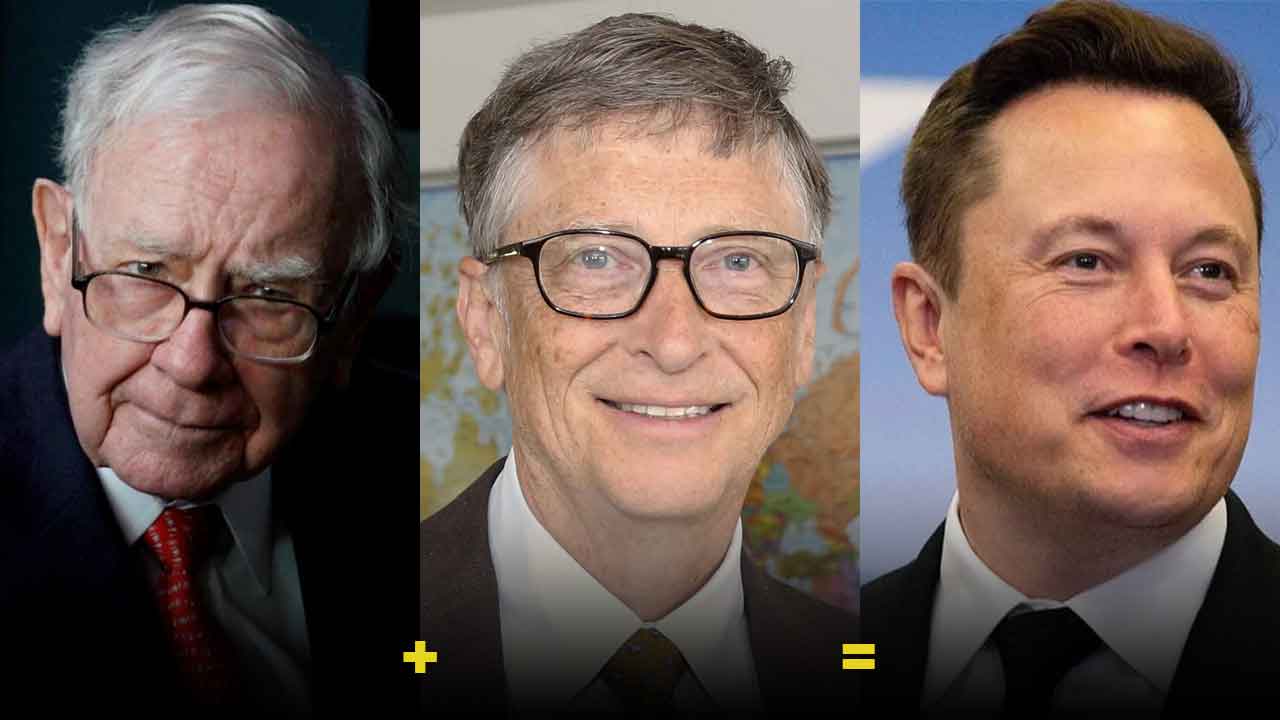
The Giving Pledge itself was never meant to dictate how billionaires give, only that they do. In that freedom lies the great experiment of modern philanthropy: can three men, each with vastly different ideas about the future, all meaningfully shape it? Will Gates’ war on disease, Buffett’s quiet transfer of wealth, or Musk’s quest for a multiplanetary civilization leave the most lasting legacy? The answer may not lie in balance sheets or donation trackers but in the real-world impact their visions have over the next century.
We are living through a moment in history where the world’s greatest problems—from pandemics to climate change to existential threats—are no longer solely in the hands of governments. They are being shaped by private individuals whose fortunes eclipse the GDPs of small nations.
These men do not merely give; they decide. They direct global priorities. They fund the frontiers of research. They redefine what counts as progress. Whether this is a healthy reimagining of civic responsibility or an alarming privatization of global agendas is still up for debate.

What cannot be denied is that philanthropy today is no longer a question of charity. It is a contest of ideology, strategy, and moral imagination. Musk, Gates, and Buffett may have signed the same pledge, but they are playing very different games.
One builds rockets, another funds vaccines, the third trusts in delegation. Each believes they are helping humanity. Each believes their way is right. Time—and history—will judge who was boldest, who was wisest, and who, if anyone, truly changed the world.
